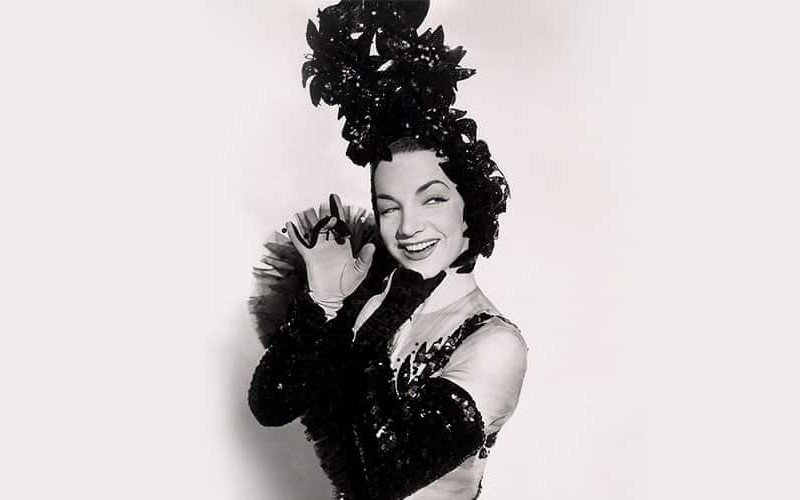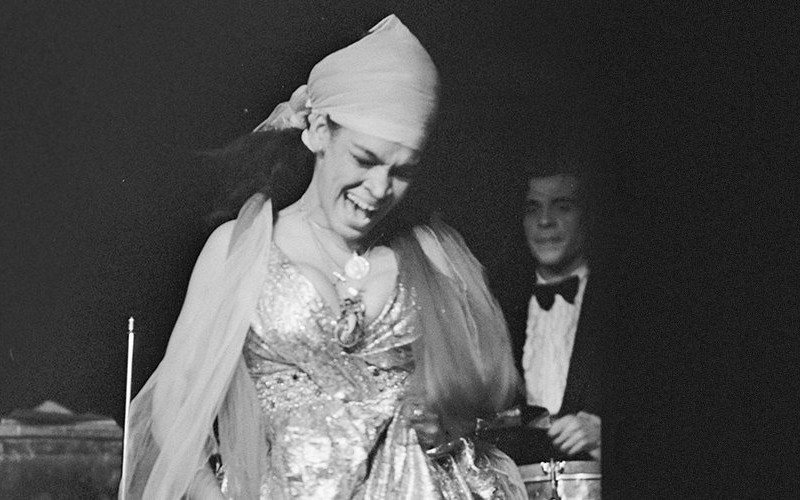Latinas in the Chicano Movement: From Dolores Huerta to Today’s Activists
From fighting for farmworkers’ rights to advocating against gender discrimination, Latinas have always been at the heart of societal change. Today’s activists are continuing the legacy, but who paved the way for them? Explore the unsung heroes of the Chicano Movement.
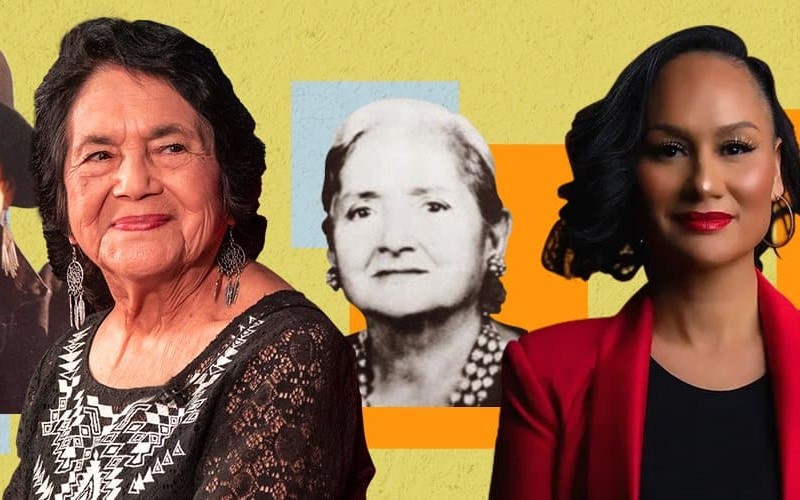
It is often said that history is written by the victors. Yet, what happens when the victors of societal change are those who have been traditionally marginalized? The Chicano Movement, or El Movimiento, a defining moment in U.S. civil rights history, has been widely documented. Still, the significant role of Latinas within this movement is not as frequently highlighted.
These brave women played a pivotal role in the movement, beginning with the iconic Dolores Huerta and extending to today’s Latina activists.

Dolores Huerta co-founded the National Farm Workers Association and championed labor and civil rights for farmworkers in the United States.via Wikimedia Commons
Dolores Huerta, a prominent figure in the Chicano Movement, embodies the indomitable spirit of Latinas in their pursuit of equal rights. Alongside Cesar Chavez, she co-founded the National Farm Workers Association (now known as the United Farm Workers, UFW). Huerta’s contributions to the labor rights movement extended beyond co-founding the UFW. She also negotiated the historic UFW’s 1970 contract with grape growers, which for the first time, recognized the rights of farmworkers. Her famous rallying cry, “Si, se puede” (Yes, we can), remains an enduring symbol of the movement.
But Huerta was far from alone. Latinas were at the forefront of many battles during the Chicano Movement, fighting for educational reform, against gender discrimination, for farmworkers’ rights, and against police brutality. Women like Maria L. de Hernandez, who advocated for Mexican-American women’s participation in politics, and Josephine Fierro de Bright, a member of the executive committee of the Mexican Civil Rights Committee, stood shoulder to shoulder with their male counterparts, amplifying the voices of Chicanas and Latinas.
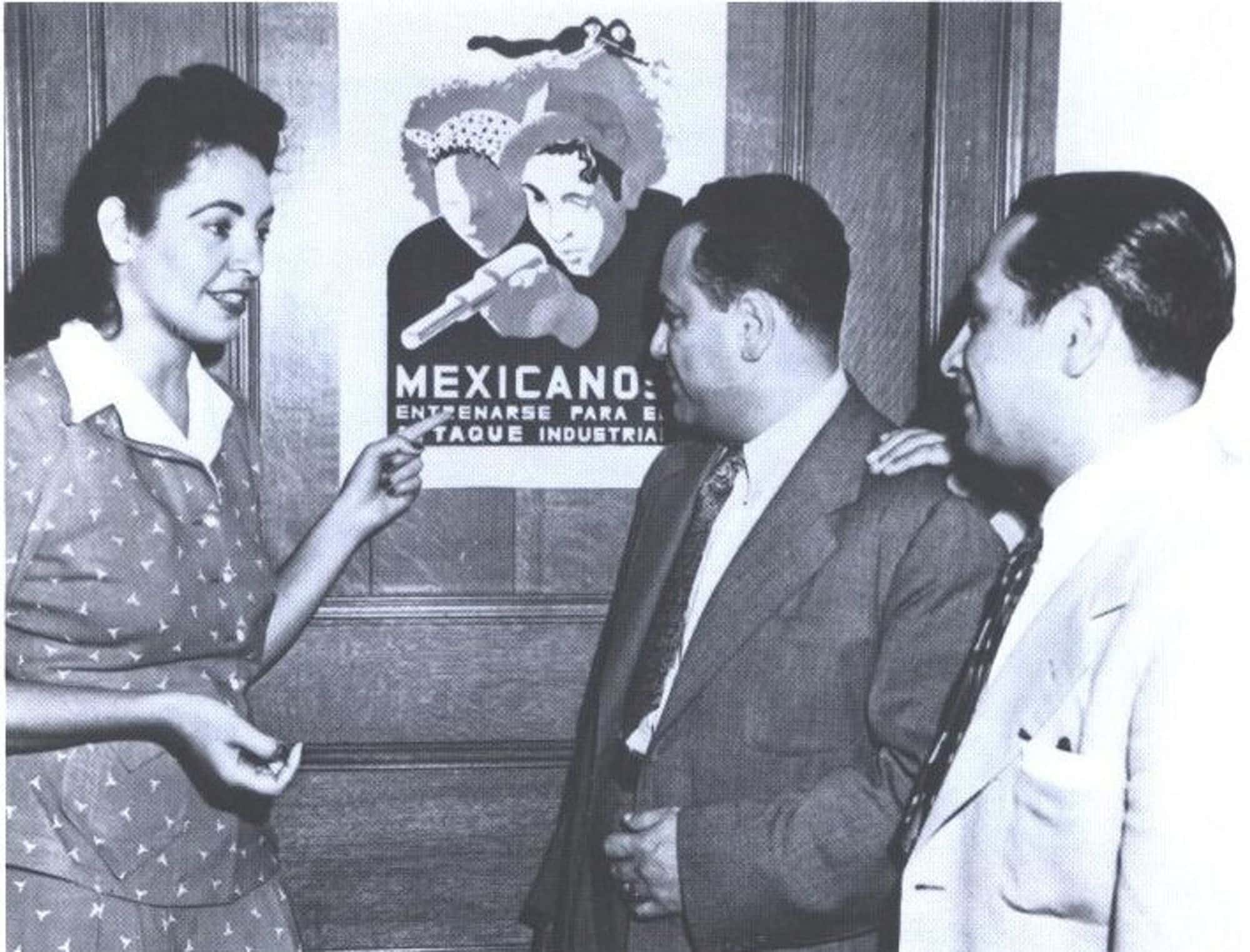
Josephine Fierro de Bright, as a member of the Mexican Civil Rights Committee’s executive committee, worked diligently to protect and advance the civil rights of Mexican-Americans, advocating for voting rights, social justice, and against racial discrimination.via Wikimedia Commons
Integral to this narrative is the intellectual work and activism of Gloria Anzaldúa, a Chicana feminist and queer theorist. Born in South Texas, Anzaldúa was a prolific writer, scholar, and activist who fundamentally challenged traditional views on identity and intersectionality.
Her seminal work, “Borderlands/La Frontera: The New Mestiza,” serves as an exploration of her life as a Chicana-Tejana lesbian growing up on the U.S.-Mexico border. This book argues that the border is not just a physical location but a flexible, psychological space that can be both alienating and liberating.

Gloria Anzaldúa, as a Chicana feminist and queer theorist, contributed seminal works exploring intersectional identities and borders, enhancing understanding and advocacy for marginalized communities.via Wikimedia Commons
Like Dolores Huerta and the many women who have taken up the mantle of activism in this cause, Anzaldúa’s writings and activism extend the fight for justice beyond traditional boundaries, interweaving gender, ethnicity, and sexual orientation into a nuanced vision of equality.
The influence of the Chicano Movement and its courageous activists is not limited to history books. It reverberates in today’s society, inspiring a new generation of activists.
Figures like Alexandria Ocasio-Cortez, the youngest woman ever to serve in the United States Congress, embody the legacy of the trailblazing Latinas of the Chicano Movement. AOC is Puerto Rican, but regularly uses her platform to champion issues like immigration reform, affordable healthcare, and climate change that affects all Latinos.

As a congresswoman, Alexandria Ocasio-Cortez uses her platform to advocate for issues crucial to the Latina community, such as immigration reform, affordable healthcare, and climate change.via: Wikimedia Commons
Present-day activists like Carmen Perez are taking up the mantle in unique ways. Perez is an award-winning, internationally-known civil and human rights leader and Chicana feminist who has committed her work to civil rights issues, placing a particular focus on mass incarceration, women’s rights and gender equity, violence prevention, racial healing, and community policing.
Perez serves as the President and CEO of The Gathering for Justice, a nonprofit organization dedicated to the abolishment of child incarceration and the eradication of racial disparities within the criminal justice system, founded by Harry Belafonte. In addition to her other roles, Perez also stood as one of the four national co-chairs of the 2017 Women’s March. Her activism is an embodiment of the ongoing influence of the Chicano Movement, inspiring a new generation to continue the fight for equality and justice.
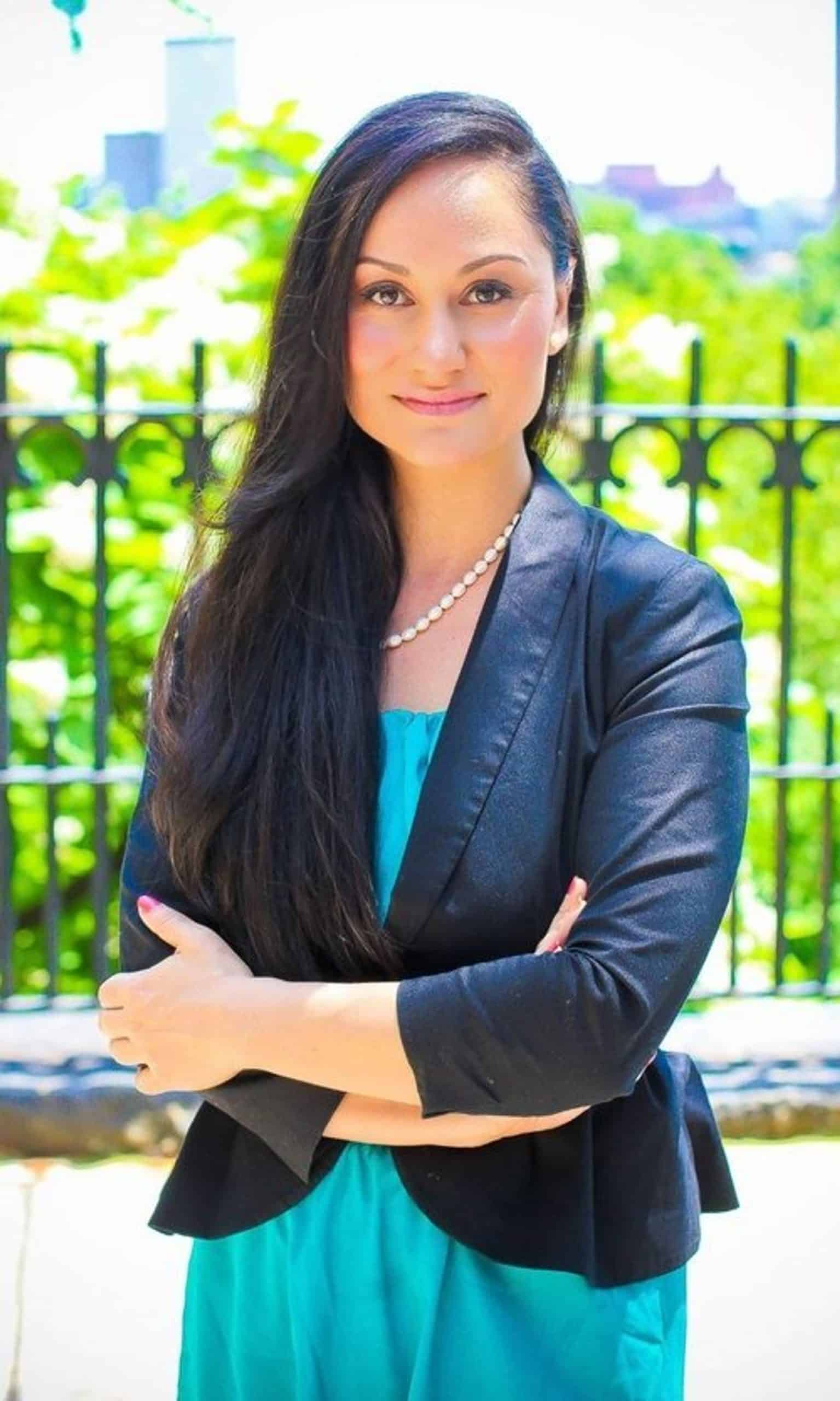
Carmen Perez, as an activist and Chicana feminist, fights for civil rights issues such as mass incarceration, women’s rights, gender equity, and racial justice, which directly impact the Latina community.via The Gathering for Justice
Bottom Line: Si, Se Puede
The courage and resilience displayed by Latinas in the Chicano Movement have left an indelible mark on U.S. civil rights history. From Dolores Huerta’s unyielding pursuit of farmworkers’ rights to today’s Latina activists tirelessly advocating for equality and justice, the role of Latinas remains vital. They continue to shape our communities, guided by the enduring spirit of “Si, se puede.”
By recognizing and celebrating their contributions, we not only honor these women but also inspire future generations of Latinas to stand up, make their voices heard, and continue the fight for equality and justice. After all, as history shows, Latinas have never been afraid of a little revolution.


